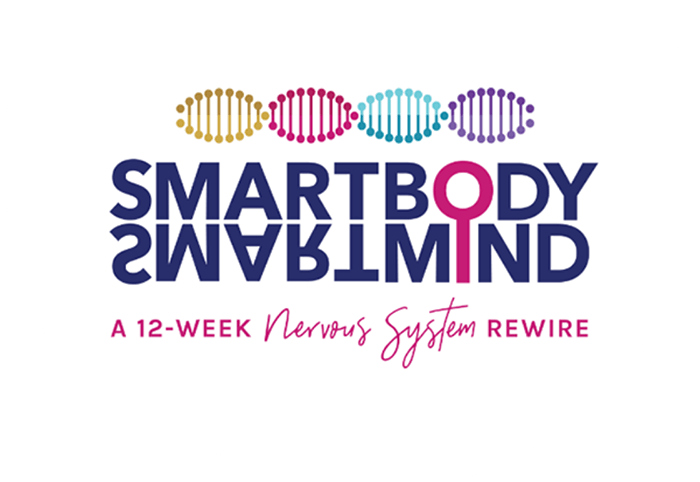This seems like a simple question, but it actually is quite complex, so please bear with me… It’s not really ‘good’ or ‘bad’, but it can be indicative of two very different experiences.
Yawning shows that the Parasympathetic branch of the nervous system (PNS) is coming online, that is the downregulating branch that brings us out of Sympathetic activation (fight/flight). This would seem on the surface to always be a ‘good’ thing, but it really depends on which branch of the PNS is perking up and producing the yawns – the ventral vagal and/or low tone dorsal, or the high-tone dorsal.
The Ventral Vagal Complex (VVC) is our social engagement system and is very healthy for the human being. The Dorsal Vagal Complex (DVC) is the part of our PNS that governs rest/digest/repair when there is a low voltage (low-tone) of energy going to that system, and that is also very healthy.
So, if it is these things that are coming online then that yawn is a sign that you are dropping into greater internal safety and rest, and that is very healthy. However, the DVC also governs our freeze response – this is what happens when a LOT of energy is going to that system (high-tone). And this can also produce yawns, and going into the freeze response is not healthy for the human system, as it is meant to be a last resort system that only comes on when we are in imminent danger of dying.
However, due to the complexity of the kinds of trauma we now experience, and the function of our neo-cortex, many human systems have learned to recruit the freeze response as a go-to in times of stress. So, if it is the former, healthy kind of PNS activity (VVC, and low tone DVC) then these yawns will tend to be pleasant, and come along with a general feeling of lassitude and well-being. If it is the later (high tone DVC) then these yawns will tend to be uncontrollable, never really able to ‘complete’, and may come along with a feeling of being knocked out, dissociated, spacey, or numb.
Also, one can go into freeze without the uncontrollable yawns, but you can still tell the difference between freeze and relaxation by noticing if elements of freeze are present. If you feel spaced out, numb, depressed, lethargic, very heavy, dissociated, brain fog – these are indications that freeze is present. If you simply feel tired, fatigued, but kind of neutrel or even pleasant too, that’s an indication that this is more likely to be exhaustion or tiredness.
